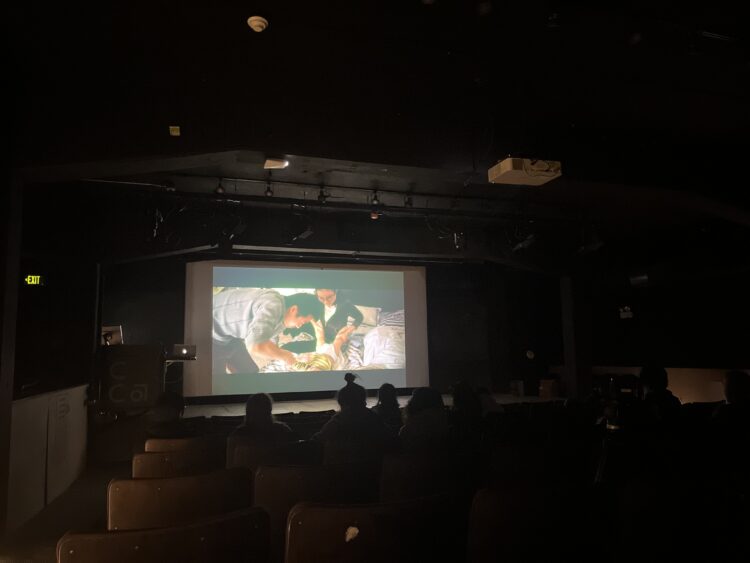Ela Troyano Helps Artist Navigate Intersectional Issues
Ela Troyano is a multidisciplinary artist born in Cuba and based in New York City. She is also a Creative Capital Awardee and has been a principal figure in developing workshops for Creative Capital. Drawing on her experience as a workshop leader and her long career in the art world, she has developed a program to help other artists move toward empowerment and build strategies for self-advocacy and financial security. Ela leads the workshop May 16 with artist Felix Endara. We asked her some questions about what to expect!

Ela Troyano
What kind of issues will you be discussing in the workshop?
We’ll discuss issues faced by the artists participating in the workshop, many of these stemming from systemic injustice. I am a Cuban-born Latinx artist but how I define myself is fluid and changes. Sometimes I define myself as an immigrant, sometimes as an exile, sometimes as queer, it all depends on the context. I do not claim to face the same exact issues that a Black artist or Lesbian or Trans artist or an artist with a disability faces. But we face a range of similar experiences—from invisibility and exclusion in the art cannon and market place to the daily insidious disrespect that chips away at our sense of self. The workshop will discuss and offer skills building to navigate being an artist at a time of great wealth redistribution and cultural change. We expect to discuss difficult issues and to respect different points of view.
As an artist, what is your own experience facing these issues?
As an artist my experience becomes the work. My 1994 film Carmelita Tropicana Your Kunst Is Your Waffen (Your Art Is Your Weapon) turns out to have been intersectional though we did not know it at the time. We were simply describing our experience, our world in an experimental film following a day-in-the-life of Alina Troyano aka Carmelita Tropicana (and my sister) the out lesbian “superintendent-performance artiste.” Class, race and colorism in the Latinx community, AIDS, lesbian activist groups, abortion rights, cultural stereotypes are all issues intersecting in the film, all issues we were dealing with reflected in the film.
How do you see these issues moving forward for artists in the next couple of years?
We’re at a complex moment in time, not only moving forward, but also looking back to rewrite history. We have a new National Memorial for Peace and Justice (informally known as the National Lynching Memorial). We’re moving forward with others working in arts culture to create change—from directors of museums and community organizations, to funders, new memorials and those who write about the importance of change:
“Some will say that all we have are the pleasures of the moment, but we must never settle for that minimal transport; we must dream and enact new and better pleasures, other ways of being in the world, and ultimately new worlds.” José Esteban Muñoz in Cruising Utopia
Sign up for Strategies for Self-Advocacy with Ela Troyano, happening May 16 here.
Image above from La Lupe Queen of Latin Soul by Ela Troyano.
